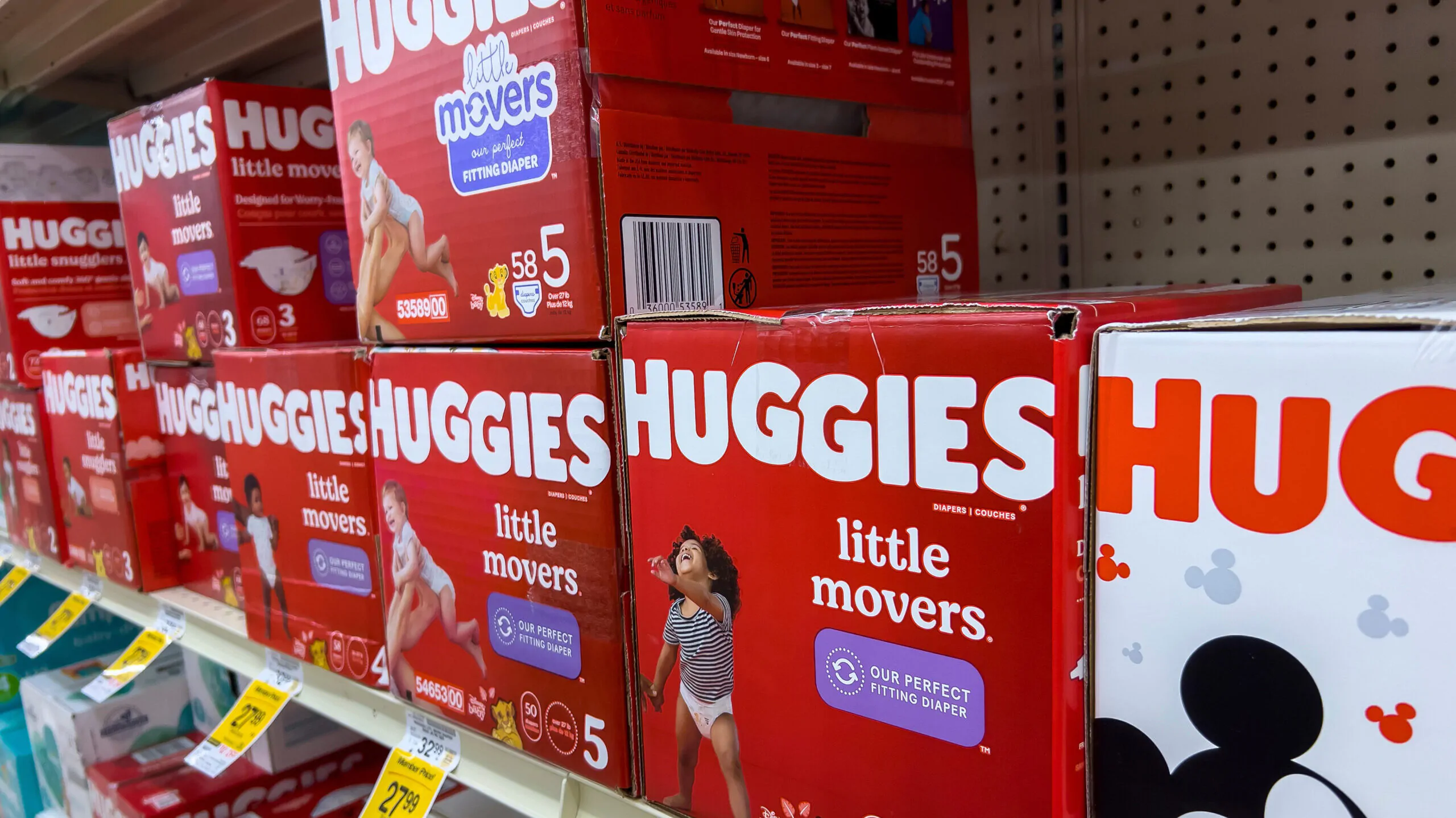On Friday, May 9, ahead of Mother’s Day weekend, Gov. Kay Ivey signed House Bill 152 into law, providing a state sales tax exemption on essential items such as diapers, baby supplies, baby formula, maternity clothing and feminine hygiene products.
The law, sponsored by Rep. Neil Rafferty, D-Birmingham, will take effect on Sept. 1, 2025, and is set to remain in place until August 31, 2028.
Ivey emphasized the state’s commitment to supporting mothers, stating: “Alabama is proudly the most pro-life state in America, and we remain committed to doing all we can to support our moms. As we head into Mother’s Day weekend, I am excited to sign HB152 for all of our Alabama moms.”
The exemption applies to the 4 percent state sales tax on items including baby formula, baby bottles, baby wipes, breast milk pumping equipment, breast pumps, diapers, maternity clothing and menstrual hygiene products. However, the exemption does not automatically extend to local county or municipal sales taxes unless approved by local governing bodies.
“This is a big win for Alabama’s working families,” Rafferty said.
The exemption is projected to reduce state revenue by approximately $13 million annually from the Education Trust Fund.
The bill also includes an amendment, introduced by Rep. Ginny Shaver, R-Leesburg, expanding the exemption to adult diapers, further broadening the relief to seniors.
Advocacy groups, including the ACLU of Alabama, have expressed support for HB152, viewing it as a step toward economic justice and improved access to essential health and hygiene products.
This legislation is part of a broader initiative by Alabama lawmakers to reduce the financial burden on families. Earlier this week, the Legislature approved a separate bill to lower the state sales tax on food from 3 percent to 2 percent, effective Sept. 1, 2025. This reduction is expected to cost the state approximately $121 million annually.
With the enactment of HB152, Alabama joins a growing number of states seeking to alleviate the cost of essential goods, reflecting a bipartisan effort to support families and promote economic well-being.



















































